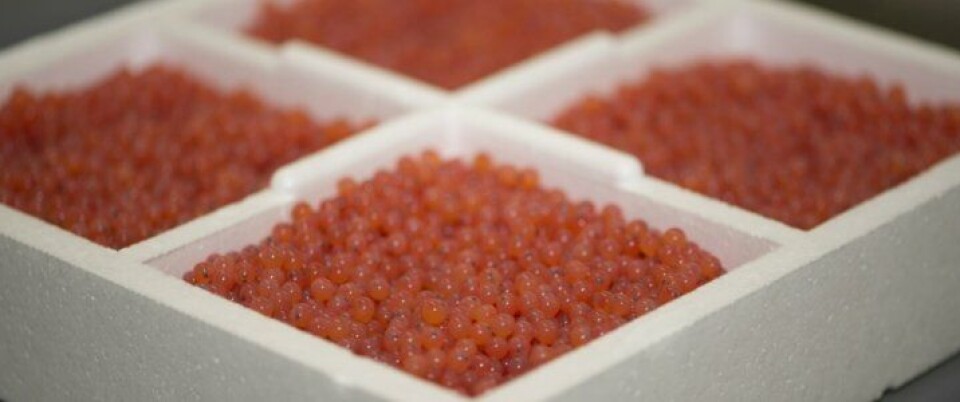
Fish culled in US ‘were healthy’ says egg supplier
Benchmark Genetics, which supplies ova to Cooke Aquaculture Pacific, has responded to reports that a second batch of 800,000 juvenile fish grown from its eggs have been culled in the US state of Washington because they carried a so-called ‘exotic’ strain of Piscine Orthoreovirus (PRV).
As reported on Fish Farming Expert yesterday, the Seattle Times reported that the cull involved a second batch of 800,000 fish, following a previous cull in May, which would add up to 1.6 million. However, Benchmark said it understands that 800,000 is the total number of fish killed.
Cooke has chosen not to comment and the WDFW has not yet responded to messages from Fish Farming Expert to clarify how many fish were culled.
Benchmark, whose subsidiary StofnFiskur supplied the eggs to Cooke, pointed out that the fish that were required to be destroyed by the Washington Department of Fish and Wildlife (WDFW) were healthy, and presented a different perspective of the PRV threat to that of the WDFW.
Fish not sick
Divisional marketing director Birgitte Sørheim said: “PRV is not a classified disease but a virus commonly found in Atlantic salmon. Fish that carry the virus are not sick but can, under certain circumstances (weak health status/gill status and other factors) develop heart and skeletal muscle inflammation and will then be diagnosed as sick. This was not the case with the juveniles that had to be destroyed in the US. These fish were healthy but were required to be destroyed by the WDFW.
“The total number of fish destroyed was 800,000. PRV was detected by routine sampling in April, and the entire batch of fish was required to be culled.
“The PRV at Cooke may have originated from the ova delivered from Iceland. We have, however, an optional service of screening against PRV that our customers may choose as an extra risk measure to avoid vertical transmission.
Well-described virus
“PRV exists both in farmed and wild salmon and is not considered an exotic strain in Europe. The virus is not even listed by OIE (World Organisation for Animal Health) or the European authorities. The headlines in the articles may leave the impression that a new and exotic disease has been identified. This is not the case. The fact is that WDFW has detected a new variant of a well-described virus that has not been detected locally before.”
Cooke was required to destroy the fish at its Rochester, Thurston County, hatchery under the conditions of its permit.
“They are complying with the terms of the permit, and we are protecting Puget Sound from this exotic strain,” Amy Windrope, Region 4 director for WDFW, told the Seattle Times.























































